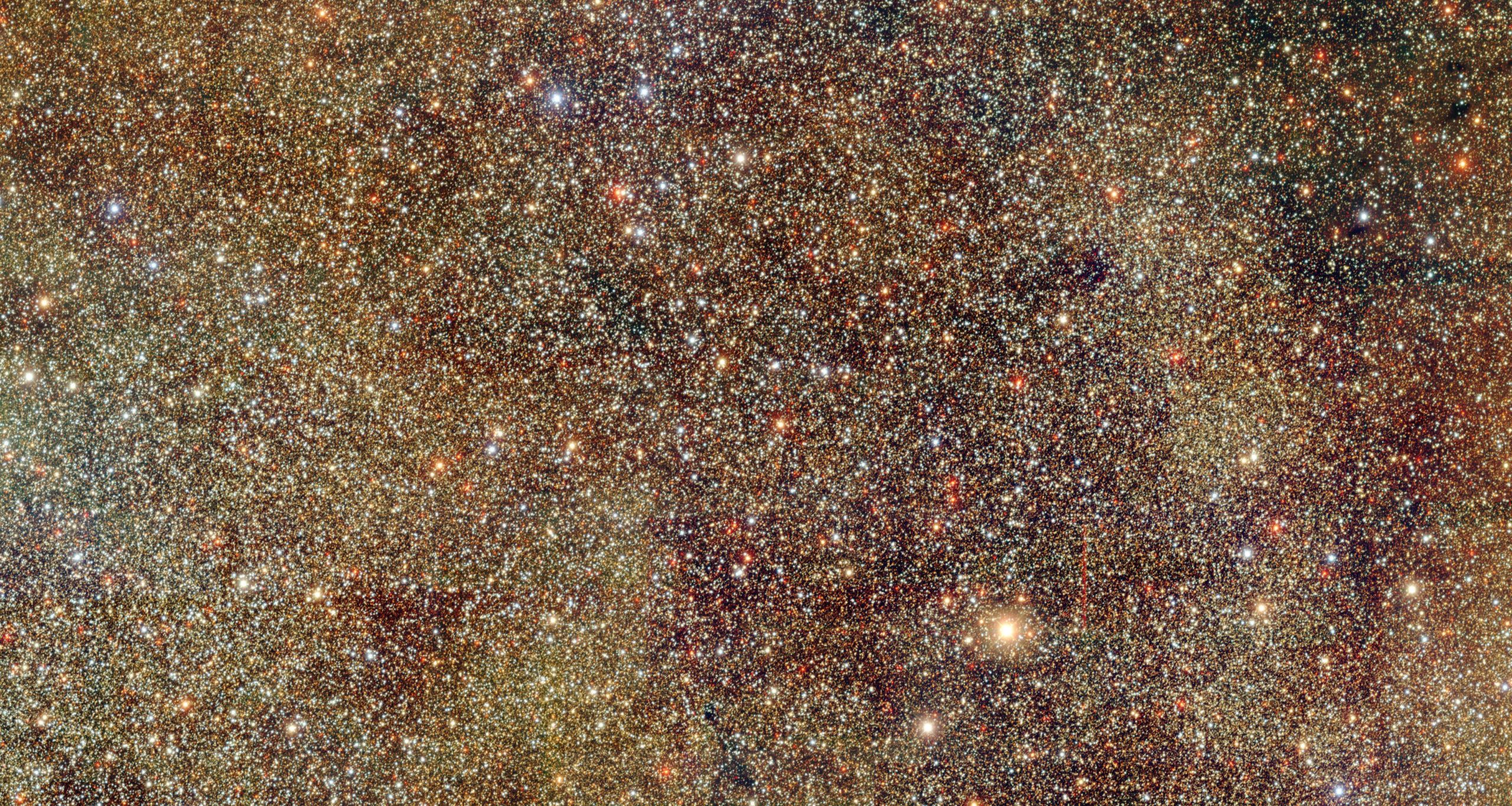Extremely advanced alien civilizations could have already developed a technology that would allow them to exploit black holes and use them to travel across the universe. Here’s how.
The Parker Solar Probe—a spacecraft designed to study the Sun—is the fastest spacecraft built by human hands. In October 2018, the spacecraft traveled at a speed greater than 153,454 miles per hour, and by December 2024, it is expected to travel across our solar system at a speed greater than 430,000 miles per hour.
Still, this is far from fast if humankind wants to become a multi-solar species, that is, one that will travel to another star system.
The faster outward-bound spacecraft is the Voyager 1, which is currently traveling at about 1/18,000 light speed. If it maintains this speed, it will take the spacecraft 80,000 years to reach the nearest star system to Earth, Proxima Centauri.
In other words, for humans to truly become an interplanetary species, we need better—faster—spacecraft that will help us get from point A to B as quickly as possible.
As you are reading this, several technologies are being developed, but we are far from building a vehicle that can take humankind to another star system within a lifetime.
Although humans have still not made this invention possible, it doesn’t mean that other species haven’t. For all we know, there could be alien civilizations somewhere out there that are equally developed as we are, or perhaps even more so.
An intergalactic civilization would be so advanced that we would probably have a hard time identifying it as such.
But humankind is still a relatively young species in geological terms, and compared to the age of the solar system and the universe; we’ve evolved in the blink of an eye, going from a species that dwelled in caves to one that built rockets and spacecraft managing to land a human on another celestial body, the Moon.
We went from using sticks and stones and painting on cave walls to building intricate, complex vehicles that could take us around the globe and the stars.
But despite our technological advances, we still have much to learn and much to create if we are to travel to the stars; after are, we are a species that is destined to travel there, into the cosmos where unimaginable secrets await discovery.
At the end of the day, it all comes down to the level of technological advancement, and the Kardashev scale is a pretty good starting point for us to get an idea of where we are in terms of a global civilization.
The Kardashev scale measures the level of technological advancement of civilization based on the amount of energy said civilization could use. Soviet astronomer Nikolai Kardashev devised this scale in 1864, and it includes three types of civilizations; the Type I or planetary civilization, which can use the resources of its planet; the Type II civilization, which can control its planetary system; and a Type III civilization which can control energy at a galactic scale.
Even though humanity is far from being a type II civilization, there could be alien species out there that are far older than humankind and have already developed into galactic civilization. This type of civilization likely possesses unthinkable knowledge and understanding of cosmic phenomena we are barely begging to study on Earth.
This kind of civilization may also have learned to use the universe in their favor and not just energy production.
According to a scientific study, there could be civilizations in the cosmos that could travel across their galaxy without having to spend incredible amounts of energy to do so. As revealed by Professor David Kipping, a researcher at Columbia University, highly developed alien civilizations could already be using technology to travel across the universe, which we would barely be able to identify.
To achieve this intergalactic travel, the researcher argues that civilizations could harvest the energy from “binary black hols.” Using gravitational fields from a black hole and absorbing the black hole’s energy, aliens could travel the universe without much effort. the secret behind such travel could rely on “photons,” specifically, photons astronomers have observed entering and then exiting gravitational mirrors; these photons not only gain velocity from their inbound trip, but they retain the kinetic energy from their outbound journey.
In 1993, physicist Mark Stuckey proposed that in theory, a black hole could be used as a gravitational mirror where the black hole’s immense gravity could slingshot a photon around, causing it to fly back to its source; a boomerang photon.
Using “boomerang photons”—the photons that return—, alien civilizations could theoretically harvest massive amounts of energy that would allow them to travel at a velocity up to one hundred thirty-three times greater than the block hole’s speed. Essentially, a civilization could exploit black holes, using them as galactic waypoints, where the faster the black hole moves, the more energy they could draw from it; the faster they could travel.
In other words, by performing gravitational slingshots around a black hole, alien civilizations could accelerate to potentially relativistic speeds, therefore harnessing energy we can barely imagine today.











